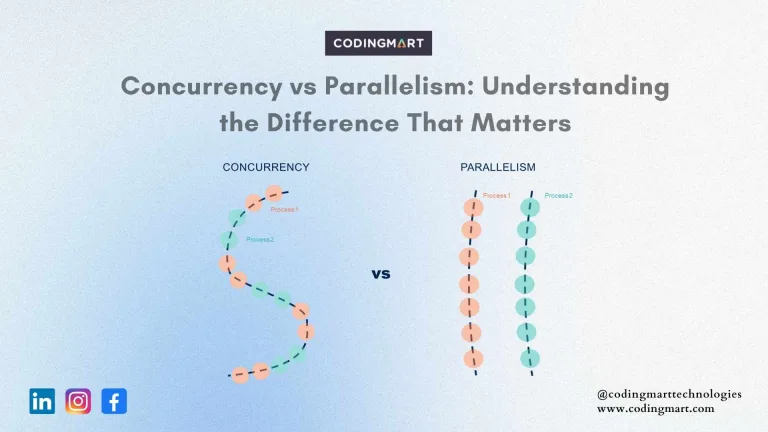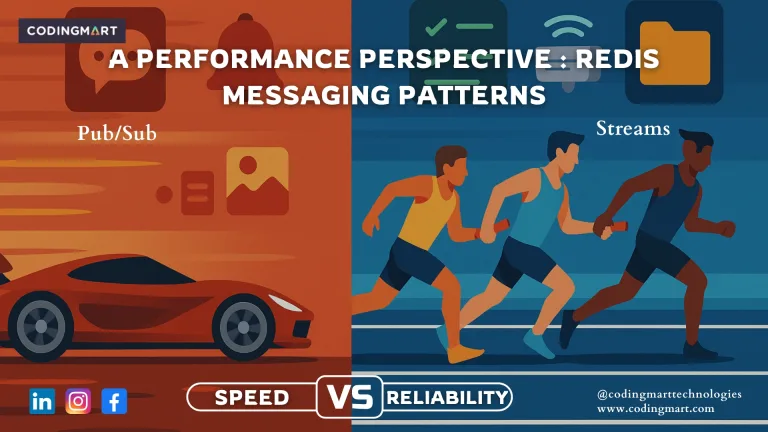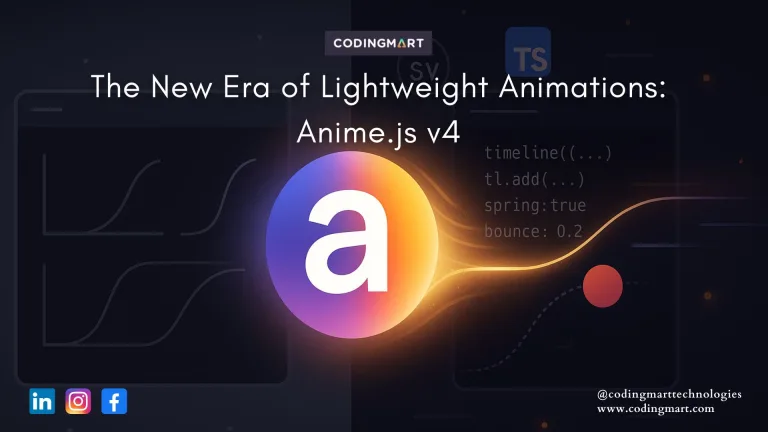blogs
Python vs Java - Who wins the battle?
Python and Java are the two most widely used programming languages. Novice programmers get confused in choosing one of these to begin learning with. Here we have pointed out key differences and suggested which one suits you.
Python vs Java:
Python – A python is an object-oriented programming language that finds its use mainly in Artificial intelligence, Web development, Machine learning, Data Analysis, and Processing, etc. It is a high-level language.
Java – Java is also an object-oriented programming language used for a wide range of mobile, web, and desktop applications. Both of them are Open source, however, Java demands a license for business and commercial use.
Key difference:
One of the key differences is that Java is a compiled language. So, the translation of the code into binary language takes place during compilation. Python is an interpreted language. Hence, the translation takes place during the run time.
The semicolon threat:
Python has one of the greatest advantages of all the programming languages. Semicolon isn’t a headache anymore with the advent of Python. This feature has garnered huge attraction among the budding programmers.
Unlike Python, we should be concerned about the semicolons while coding in Java.
Length of code:
Java is statically typed and hence the type of variables used in the program must be specified. Python is dynamically typed and the need for specification of variable type is avoided. The syntaxes in Java Programming are a tad lengthy and complicated when compared to Python. This leads to programs being lengthy when written in Java than that of Python. Easy syntax also means that the code is easier to read and the need for comments is also reduced to a great extent, thereby further reducing the length of the code.
Frequency of Errors:
Due to compilation involved with coding in Java, it yields two errors: Run time error and compilation error, whereas Python yields only run time errors. Python doesn’t bother about semicolon, which is one of the major causes of errors and hence Python has much lower frequency of errors than Java, which has higher frequency of errors due to semicolons and lengthy syntaxes.
Execution Speed:
Though Python has many benefits, it is slower in execution than many other programming languages. This is mainly due to the fact that Python is an interpreted language which involves more instructions to complete an instruction than the compiled languages. Java is much faster in execution than Python as Java is a compiled language.
Community Support:
Both Java and Python have extensive community support, which is an essential part of any programming language. Many developers build tools and solutions to make coding fun. Users can raise issues, bugs etc. in the community and others will be there to resolve the problems. Java World, Java User Groups(JUGs), etc. have been one of the major reasons for the popularity of Java. Python also has more than 1,700 groups and communities like PySlackers, PyLadies, etc. to facilitate the programmers.
Jobs and Payscale:
Java is used in almost all applications ranging from mobile app development, website development, desktop software development, enterprise software development, etc. Hence, Java has high demand in the job market. The average salary of a Java developer in India is Rs. 4,80,000/- per year according to Glassdoor.
Python also has extensive use cases in back end development, Machine Learning, Artificial Intelligence, Robotics, Internet of Things, Data Science, etc. Many of these use cases are budding and are still underway. Hence, Python will have an extremely bright future and huge demand. The boom of Python has already started and hence the Salaries also began to skyrocket. According to Glassdoor, the average salary of a Python developer in India is Rs. 8,97,000/- per year.
When coming to the question of Python vs Java, it is like asking Kohli vs Dhoni. Both are neck and neck and they have their own unique characteristics. Choosing Python or Java entirely depends on one’s personal interest and the domain in which they want to work with. If any one wants to work with a particular technology that they have been dreaming or passionate about, they can choose a language that is most suitable to cater their dreams. Beginners can begin with Python as it is comparatively easy and beginner friendly. Developers who are already well-versed in C++ and C can go with Java and become a versatile developer.


